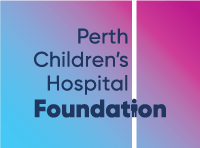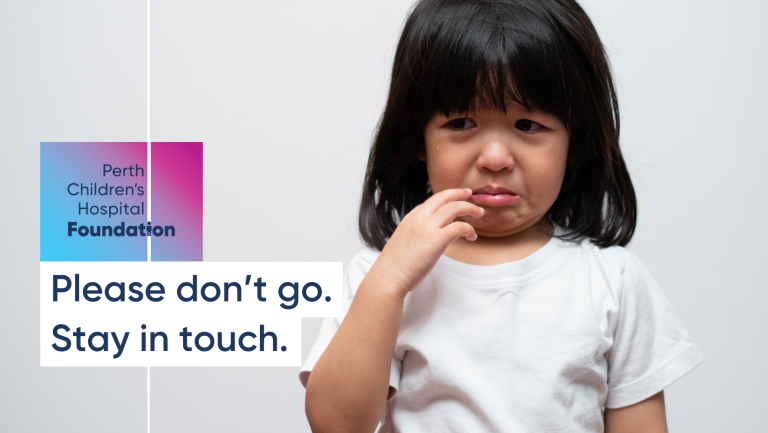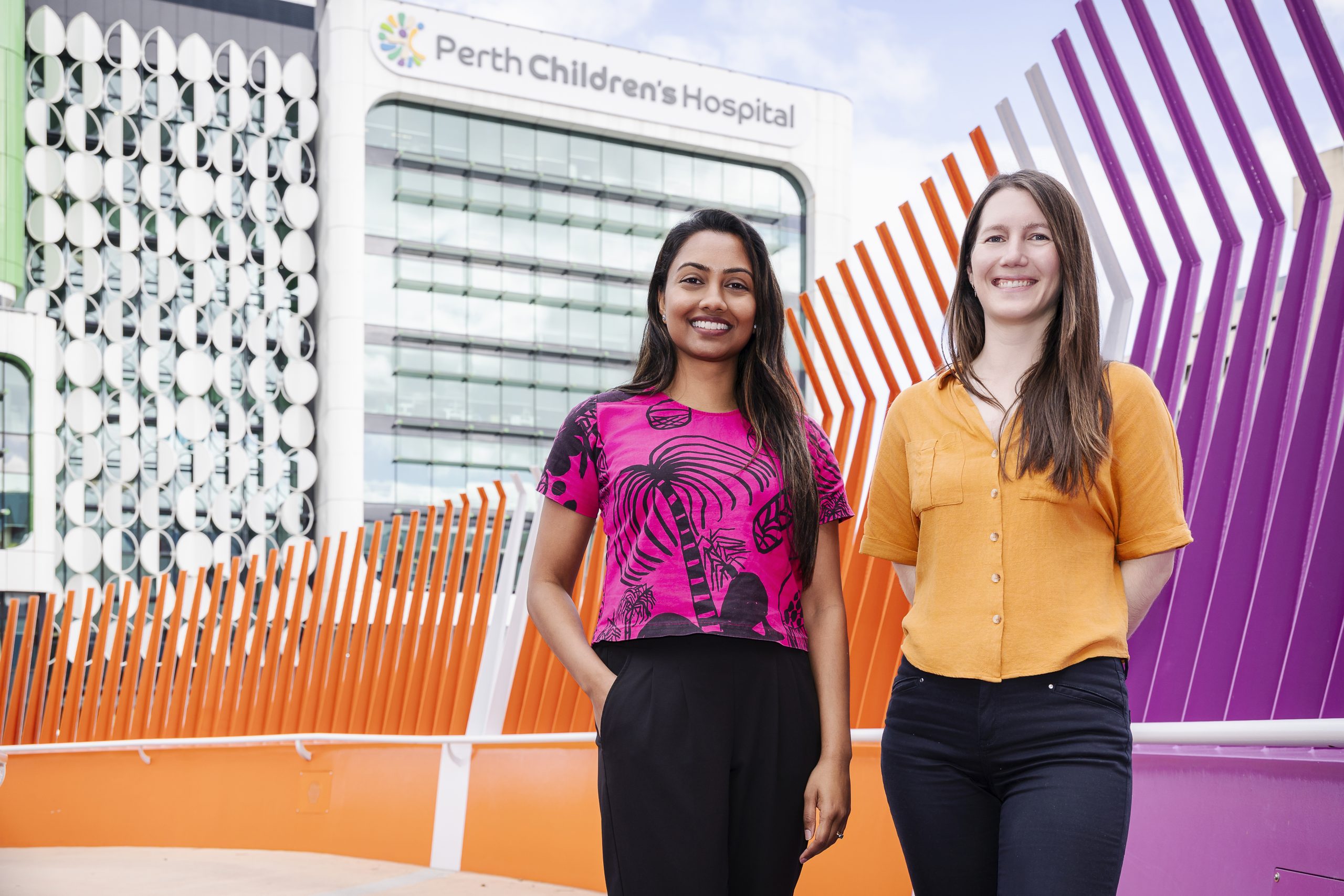
Supporting next-gen child health researchers.
- Perth Children's Hospital Foundation
Supporting next-gen child health researchers.
- Perth Children's Hospital Foundation
Two rising stars at Perth Children’s Hospital (PCH) have been recognised with Early Career Research (ECR) Awards, helping to improve care for some of WA’s most vulnerable children: critically ill kids in intensive care, and Aboriginal and/or Torres Strait Islander families navigating the health system.
Now in its third year, the ECR Award is funded by Perth Children’s Hospital Foundation in partnership with the Stan Perron Charitable Foundation. The awards are designed to give emerging researchers the resources they need to pursue bold ideas that could transform children’s healthcare, in WA and beyond.
Tailoring nutrition for critically ill kids.
For very sick children, the right nutrition can make all the difference in recovery. Knowing exactly how much energy and nutrients critically ill children need can aid healing, reduce complications and help kids get home faster.
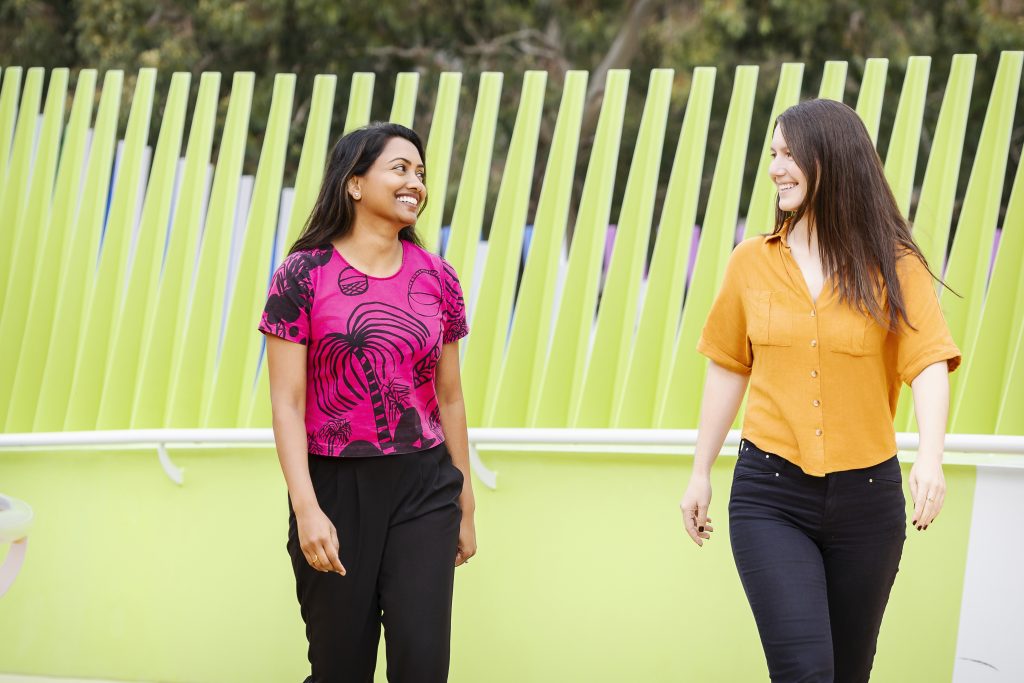
Dr Shobana Maruthayanar and Senior Dietitian Tamara Farrell.
However, every child and situation is different, meaning it can be difficult for clinicians to determine exactly how much energy they each require. That’s where Indirect Calorimetry (IC) comes in. This high-tech device measures a child’s energy needs by measuring their breath, helping to tailor their feeding and nutrition plans precisely. Though IC is widely used in adult intensive care, PCH is the only children’s hospital in Australia and New Zealand using it routinely.
“The ECR Award will help us use this special piece of equipment to find out exactly how much nutrition WA’s sickest kids need, to help improve their recovery,” said award recipient Tamara Farrell, Senior Dietitian at PCH.
Her world-leading study will provide critical insights into the nutritional needs and management of ventilated and critically unwell children. The goal is to improve nutrition and recovery for seriously unwell kids with diagnoses such as traumatic brain injuries, cystic fibrosis, major burns, cardiac/respiratory failure, seizure disorders, cerebral palsy, and sepsis.
“We want to use this machine to guide nutrition for each child in the intensive care unit requiring breathing support. Additionally, we want to improve how good we are at getting nutrition in, by introducing new and improved feeding policies,” Ms Farrell said.
Over the course of the study, 200 children admitted to intensive care will be monitored daily to understand how factors such as sedation, ventilation, temperature, and medical conditions affect their energy needs. The findings could change the way nutrition is managed in PICUs across the country, and around the world.
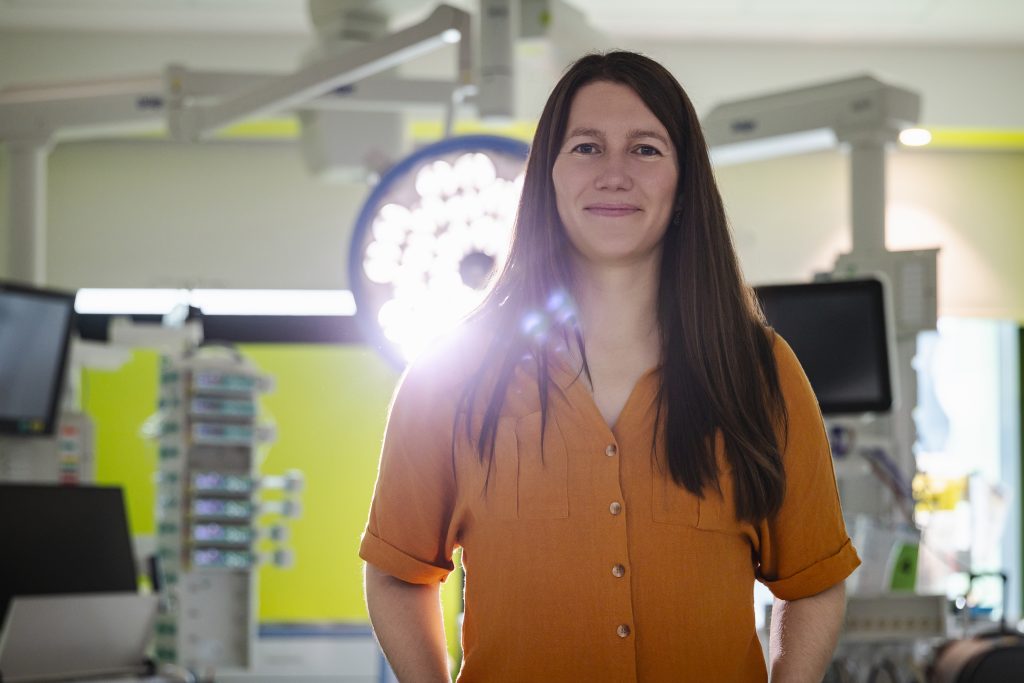
Tamara Farrell, Senior Dietitian at PCH.
Partnering with Aboriginal families to close the gap.
PCH paediatrician Dr Shobana Maruthayanar is using her ECR Award to co-design a first-of-its-kind research project to understand health priorities for Aboriginal and/or Torres Strait Islander parents, carers and key health stakeholders.
The work builds on the success of Koorliny Moort – meaning ‘walking with families’ – a program supporting over 1000 Aboriginal children and families at PCH and its outreach sites.
Research shows that Koorliny Moort has helped to improve access to culturally appropriate healthcare, as well as appointment attendance, while also reducing visits to the emergency department, hospitalisations and the length of hospital stays.
Dr Maruthayanar will work with families to identify their top health priorities, as she seeks to understand what’s important to families. This will allow programs to be designed in a strengths-based manner to address health needs in a meaningful and culturally safe way.
“This funding will allow us to work with Aboriginal and/or Torres Strait Islander families to understand what is important, when it comes to the health and wellbeing of their children and young people,” Dr Maruthayanar said.
The project empowers Aboriginal and/or Torres Strait Islander kids and families to direct their health and wellbeing services, leading to improved long-term outcomes that can help kids at school, to stay strong in culture and community, and to grow up healthy and connected.
Support more game-changing research, donate today.
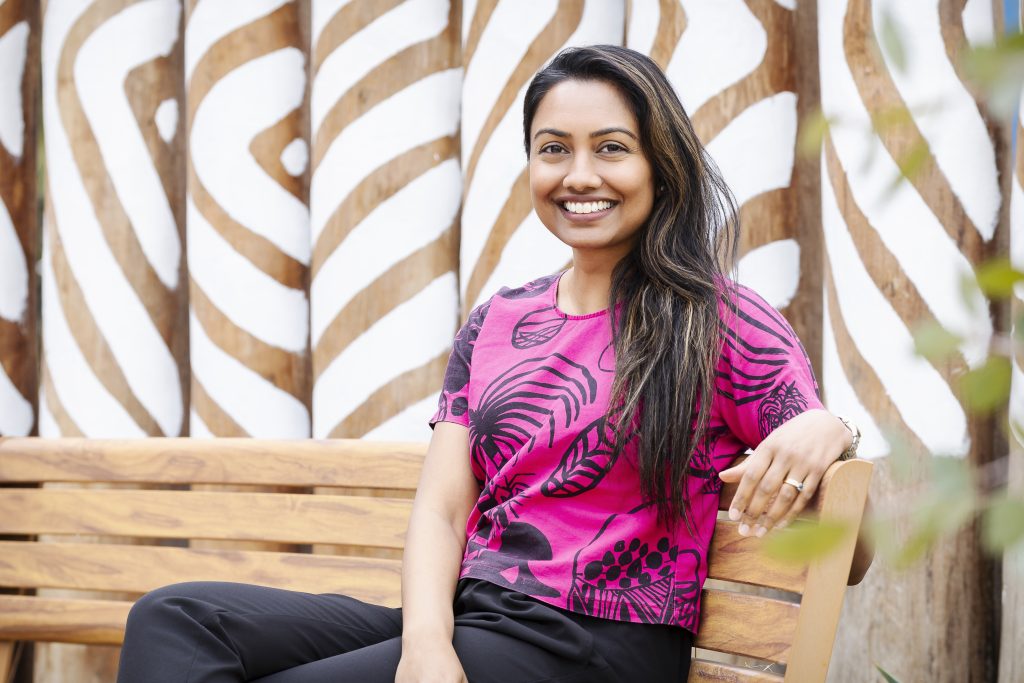
Dr Shobana Maruthayanar.
